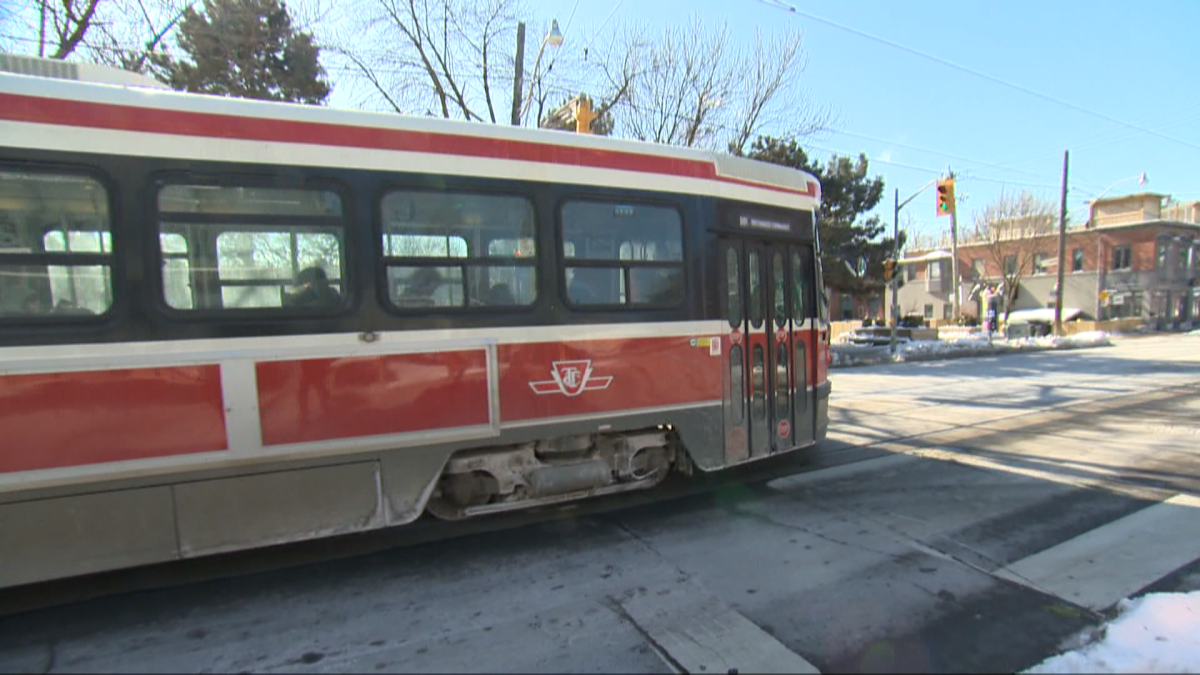An Ontario court has dismissed an injunction request by the union representing TTC employees to stop the transit agency from implementing a random alcohol and drug testing policy.

“I am satisfied that, if random testing proceeds, I will increase the likelihood that an employee in a safety critical position, who is prone to using drugs or alcohol too close in time to coming to work, will either be ultimately detected when the test result is known or deterred by the prospect of being randomly tested,” the Honourable Frank Marrocco, Associate Chief Justice of the Superior Court of Justice, wrote in a ruling released Monday and posted on the TTC’s website.
The TTC put in place a fitness for duty policy in 2010 for all employees, which included drug and alcohol testing for those who need certification testing, or those involved in an incident or where there is reasonable cause to test workers. The transit agency said in its court submission that random testing serves as an “effective deterrent to workplace alcohol and drug abuse” and provides “early identification and potential rehabilitation of employees with substance use issues” before a potential incident.
READ MORE: Hearing begins on TTC’s plan to implement random drug, alcohol testing for all employees
The TTC previously voted to institute random testing by a third-party company to around 10,000 of the transit agency’s employees as of Saturday who are in “safety-sensitive positions” such as operators, supervisors, transit control centre staff and maintenance workers. Approximately 4,000 TTC support workers will be exempt from random testing.
TTC spokesman Brad Ross said he, along with designated executives and managers, are also included in the program since they are involved in decisions surrounding safety. He said even though the policy is before an arbitrator, the TTC will begin the random testing within the next few weeks.
- S&P/TSX composite closes up nearly 100 points, U.S. stock markets mixed
- Pedestrian in life-threatening condition after being hit by vehicle in Mississauga
- Judge at trial of man accused of killing cop was concerned over Crown changing theory
- Ontario transportation minister pitches 24-hour work to speed up Gardiner construction
“We’ve said the arbitration has taken far too long, and while we’ll continue with arbitration, we are going to implement random testing,” Ross said.
“It will be truly random. Twenty per cent of the workforce will be randomly tested annually. I could be tested tomorrow and again in two weeks, or not be tested all year … management has no say in who gets tested.”
READ MORE: TTC forging ahead with random drug testing of employees
ATU Local 113 released a statement Monday afternoon and said it’s “disappointed” with the ruling.
“The judge said himself he’s ‘satisfied that there are serious issues to be tried at arbitration.’ Our union is more energized than ever to continue fighting in arbitration against this TTC policy that violates basic human rights,” Kevin Morton, the union’s secretary-treasurer, wrote.
“Starting tomorrow, we’ll be back at arbitration to overturn a bad policy that is nothing more than an abuse of employer power against the hardworking women and men who safely move this city.”
The court also ordered the union to pay the TTC $100,000 in court costs related to the injunction request.




Comments